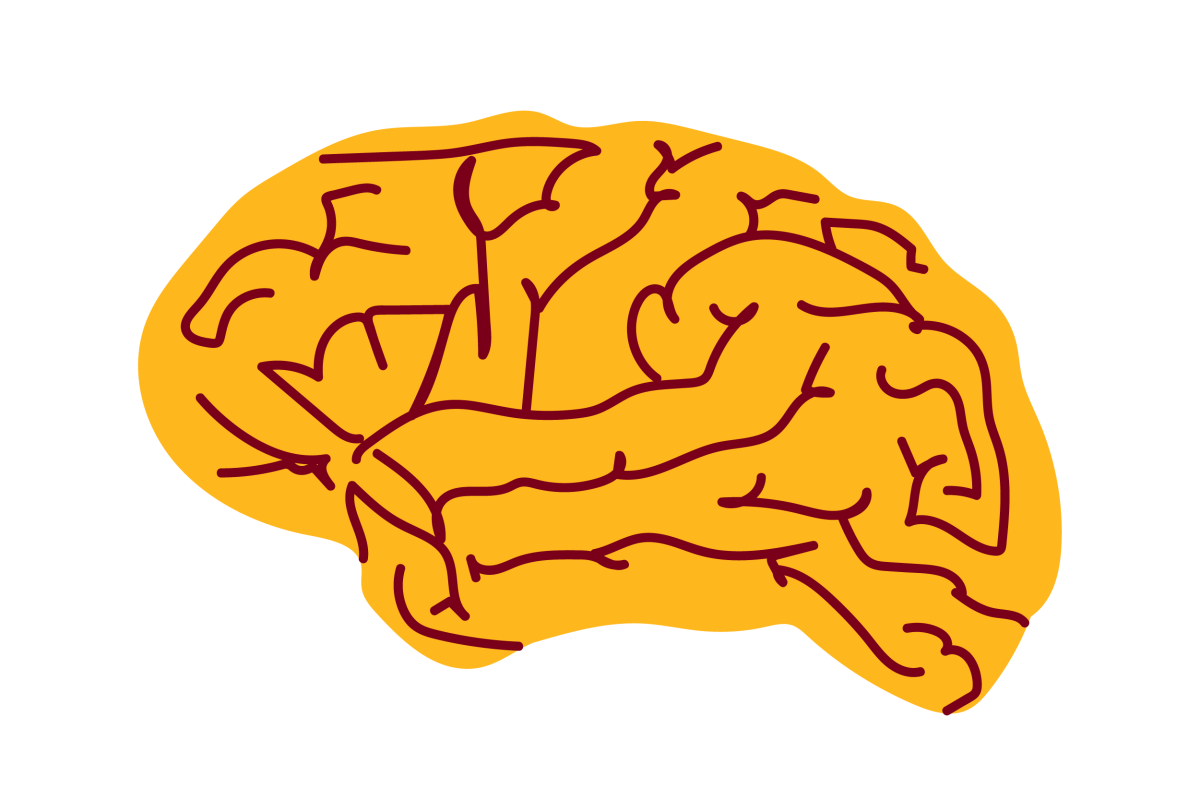Multi-Step Recurrent Q-Learning for Robotic Velcro Peeling [preprint]

Preprint date
November 16, 2020
Authors
Jiacheng Yuan, Nicolai Häni (Ph.D. student), Volkan Isler (professor)
Abstract
Learning object manipulation is a critical skill for robots to interact with their environment. Even though there has been significant progress in robotic manipulation of rigid objects, interacting with non-rigid objects remains challenging for robots. In this work, we introduce velcro peeling as a representative application for robotic manipulation of non-rigid objects in complex environments. We present a method of learning force-based manipulation from noisy and incomplete sensor inputs in partially observable environments by modeling long term dependencies between measurements with a multi-step deep recurrent network. We present experiments on a real robot to show the necessity of modeling these long term dependencies and validate our approach in simulation and robot experiments. Our results show that using tactile input enables the robot to overcome geometric uncertainties present in the environment with high fidelity in~ 90% of all cases, outperforming the baselines by a large margin.
Link to full paper
Multi-Step Recurrent Q-Learning for Robotic Velcro Peeling
Keywords
robotics